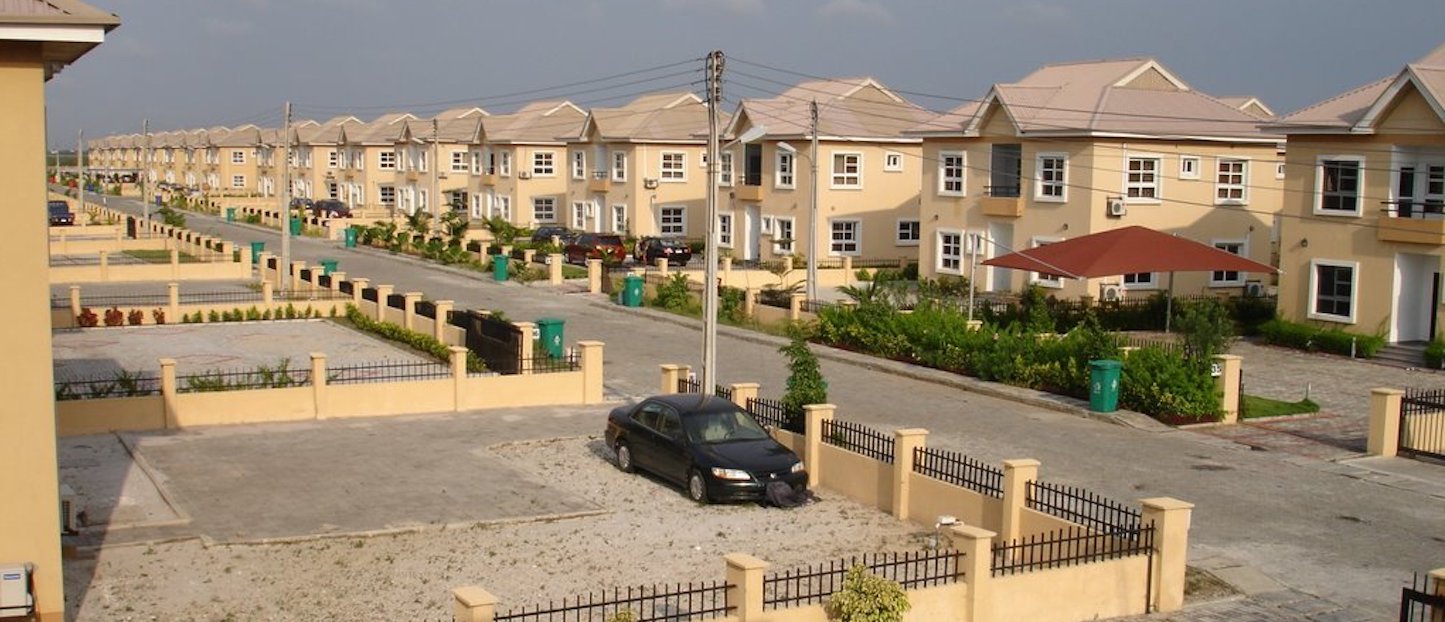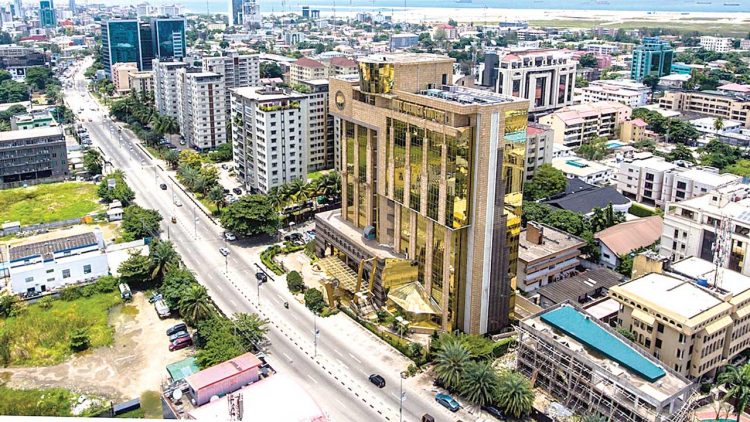- by Williams O.
- Jul 12, 2025
Nigeria’s Real Estate Sector: A Sleeping Giant Struggling to Wake

- By Williams O.
- • Thu, Jul 31 2025
- • in Real Estate

In many developing countries, real estate is more than land and buildings, it’s a pillar of economic security and a tool for wealth creation. Nigeria, with its booming population and rapid urbanization, should be a thriving hub for real estate development. But instead, the sector has remained sluggish, expensive, and increasingly out of reach for the average Nigerian.
A house is more than shelter. It’s a reflection of dignity.
Nelson Mandela
The Silent Housing Crisis
Nigeria’s housing deficit is estimated at over 20 million units. Every year, millions of people migrate to urban centers like Lagos, Abuja, and Port Harcourt in search of better opportunities. But they’re met with skyrocketing rents, crowded slums, and inaccessible mortgage systems. The cost of renting a decent one-bedroom apartment in a major city now consumes more than 40% of the average worker’s annual income.
Rising Costs and Fewer Homes
Since President Tinubu took office, macroeconomic policies such as subsidy removal and the floating of the naira have led to sharp increases in inflation. Building materials like cement, iron rods, tiles, and even labor have all seen massive hikes in cost. Developers are slowing down projects or pricing them far beyond the reach of middle- and low-income earners. What used to be a N12 million bungalow in 2020 is now pushing N30 million.
The Elitist Nature of Real Estate
More Nigerians are beginning to see the sector as one rigged for the elite. Land is hoarded as a speculative asset, gated estates are springing up in exclusionary fashion, and homes are being priced in dollars in cities like Lagos. These houses aren’t built to be lived in, they’re financial instruments in a country where the majority can’t even afford stable rent.
The Disappearing Middle Class
The middle class is the backbone of any stable economy. They drive demand, support the lower class, and ensure economic circulation. But with rising rent, stagnating wages, and unaffordable property prices, the Nigerian middle class is shrinking. If the trend continues, Nigeria risks creating a society of haves and have-nots, a fragile structure with dangerous implications for social stability.
Slums on the Rise
With formal housing options beyond reach, many Nigerians are turning to informal settlements. These communities often lack clean water, sanitation, electricity, and security. Yet, they continue to grow as people search for any form of shelter. Government attempts to demolish these areas, without offering viable alternatives, only deepen the crisis.
What Can Be Done?
Government and private players must work together to realign the real estate sector with the actual needs of the people. Some practical solutions include:
Partnering with credible developers to deliver low-cost housing across key regions
Offering tax breaks and land grants to firms building for the lower- and middle-income segment
Expanding mortgage access with low-interest, long-tenure repayment plans
Improving infrastructure in satellite towns to reduce housing pressure in city centers
Creating digital land registries to reduce bottlenecks and corruption in land transactions
Conclusion
Real estate in Nigeria should not be a luxury reserved for the top 5%. It should be a strategic tool for nation-building, offering security, dignity, and economic mobility to every citizen. Until the system is restructured to reflect this vision, Nigeria’s real estate sector will remain a sleeping giant full of potential, yet fundamentally imbalanced.


0 Comments:
Please Login to comment in the post!